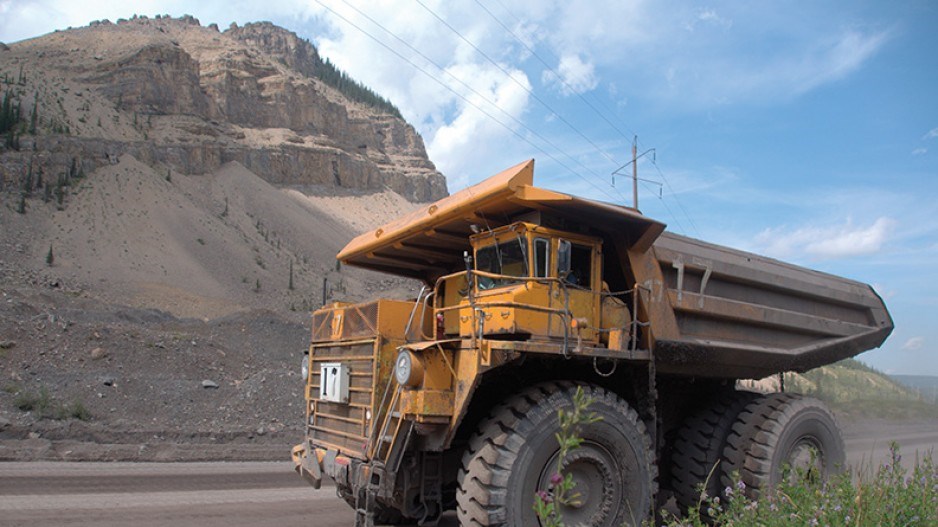Recently, Canada’s mining ministers announced the new Canadian Minerals and Metals Plan (CMMP) to draw attention to the importance of the sector and create a road map for the future.
Some of the key themes of the CMMP are raising awareness, responding to ongoing and emerging challenges and helping to position the country as a major supplier of the minerals and metals that will power the cleaner global economy of tomorrow.
“While Canada has long benefited from a prosperous minerals and metals industry, we are not immune to global competitive forces, and cannot take the benefits and opportunities that mining offers Canadians for granted,” Pierre Gratton, president and CEO of the Mining Association of Canada, said in a press release.
The CMMP proposes initiatives like strategic infrastructure investment and exploration support, pushing for more effective regulatory systems and increased investment in Indigenous training initiatives and mining innovation.
Some critics, however, suggest the plan is too vague.
“The CMMP lays out some broad-brush activities the government can pursue,” Lindsay Kislock, vice-president of corporate affairs at the Mining Association of BC, told Business in Vancouver. “We would like to see it drilled down to more specifics.”
The B.C. Mining Jobs Task Force, which was established in February 2018, was created to review exploration and mining in B.C. According to Kislock, of the 25 recommendations made to the government on improving the sector, money has been committed to “five or six.”
“We felt that was really important because it will increase the number of people that can work on permitting,” Kislock said. “We need to build mines, we need to start the process to build more mines and if we don’t, we don’t have a mining industry in British Columbia.”
The CMMP was not well received by all provincial governments. Ontario and Saskatchewan did not endorse the plan.
In a media statement, Greg Rickford, Ontario’s minister of energy, northern development and mines, and Bronwyn Eyre, Saskatchewan’s minister of energy and resources, said the plan fails to address the industry’s main issues and create tangible plans for change.
“Ontario, Saskatchewan and the mining industry are concerned about how misguided federal policy will stand in the way of progress. Energy-intensive sectors, such as mining, are at great risk of suffering from skyrocketing energy costs,” Rickford and Eyre said in a joint statement.
The statement goes on to blame the carbon tax and Ottawa’s Bill C-69 for the industry’s woes, citing the proposed legislation as using environmental assessments as “weapons.”
Ontario and Saskatchewan have had significant blows to minerals and metals procured in each province, particularly Saskatchewan’s uranium industry as prices have been in decline for the past eight years. Northern communities in the Prairie province have been relocating and steadily leaving the industry for greener pastures.
Last year, the federal 2018 Fall Economic Statement announced a five-year renewal of the Mineral Exploration Tax Credit and enhanced accelerated capital cost treatment for resource projects as building blocks for the CMMP.
According to the federal government, mineral production was worth about $44 billion in 2017. Roughly 60 minerals and metals at 200 active mines and 7,000 pits and quarries are produced in Canada. The mineral sector accounts for 19% of Canada’s total domestic exports and 5% of nominal gross domestic product.
The mining sector in Canada represents 634,000 direct and indirect jobs in rural, urban and remote regions, including 16,500 jobs for Indigenous people. Nearly 7,600 of those jobs are in the upstream mining subsector, making this the second-largest employer of Indigenous people among private-sector employers in Canada.
Provincial mining ministers plan to discuss implementation of the CMMP at the Energy and Mines Ministers’ Conference in July.




